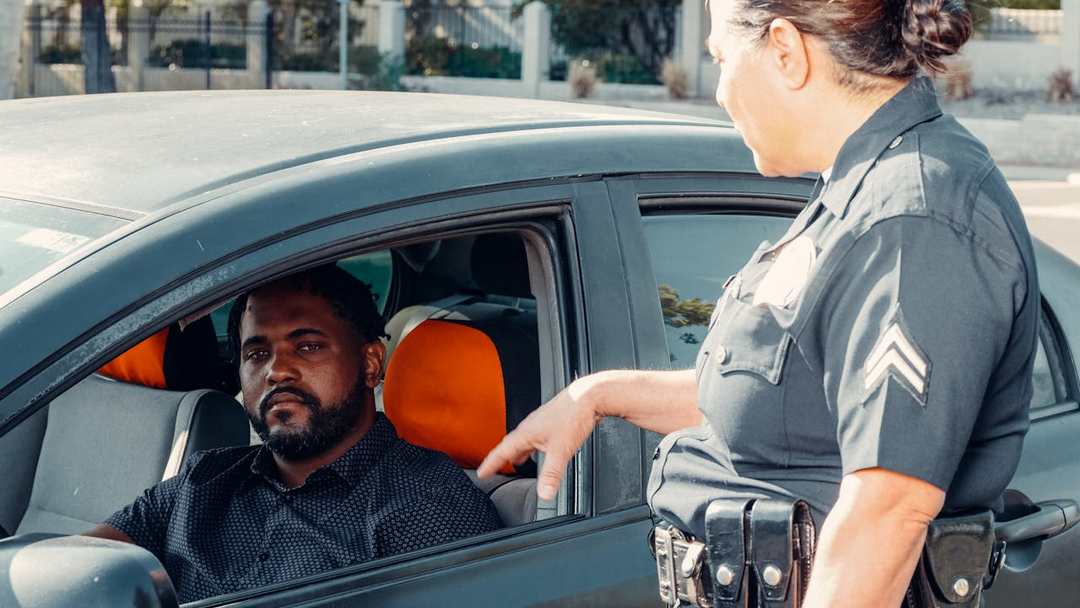There's another bounty to be claimed besides turning in your neighbor.Defined here in HB6144 can mean so many things... “firearm” means any weapon that will, is designed to, or may readily be converted to expel a projectile by action of an explosiveEntrepreneurs get...

MI Supreme Court Declines to Intervene in Public Records Dispute
Michigan Supreme Court Declines to Intervene in Public Records Dispute
Teachers Union and School District at Odds Over Data Access
The Michigan Supreme Court recently declined to hear a case regarding whether public school teachers’ class materials are subject to the state’s Freedom of Information Act (FOIA).
This case stems from a parent in Rochester, Carol Beth Litkouhi, who filed FOIA requests to access materials from a high school course on Ethnic and Gender Studies. The school district argued that the documents, since they were held by individual teachers and not the public body itself, were exempt from FOIA.
The Michigan Court of Appeals sided with the district, ruling that only records held directly by public bodies, not their employees, are subject to FOIA.
Concerns About Transparency
This decision raises concerns about transparency. Opponents of the ruling, including the Mackinac Center for Public Policy, argue that it creates a loophole that allows local government employees to withhold information, even if it’s produced during their official duties.
They warn that this could severely limit the public’s ability to hold local governments accountable.
Use You Right To Remain Silent
If you have been accused or charged with a crime.
Say nothing to anyone. Talk to us first.
Our firm is experienced in both State and Federal courts defending clients.
CALL NOW
The justices ruled in a one-sentence order Wednesday that they won’t disturb an appeals court decision that says teachers are not covered by the Freedom of Information Act.
This case has sparked calls for legislative action to amend Michigan’s FOIA law to explicitly include records held by local government employees, ensuring public access to important information. You can read more about the legal documents and the court’s decision here.
Note: This article provides a general overview and does not substitute for legal advice. Anyone charged with a CSC offense should consult an attorney for specific legal guidance.
More Articles
Gun buyback program – Michigan
Sextortion – Michigan
Sextortion - Extortion with an S.Michigan House Bills 5887 and 5888 make sextortion illegal in Michigan. The law defines sextortion as a threat to create or disseminate sexually explicit images or videos of another person to coerce them. The new law makes a first...
When Can Police Confiscate Your Drone in Michigan?
Someone asked us... Can the police take my drone?As we have seen ... They can charge, arrest you and take your stuff for whatever they want. You'll have to fight it out in court to get it back.In Michigan, the police can confiscate your drone under certain...
Using a computer to commit a crime – The latest add on charges
FRAUDULENT ACCESS TO COMPUTERS, COMPUTER SYSTEMS, AND COMPUTER NETWORKS (EXCERPT)Act 53 of 1979752.796 Use of computer program, computer, computer system, or computer network to commit crime. Sec. 6. (1) A person shall not use a computer program, computer,...
Can I be arrested for flying a drone in Michigan?
Someone asked us... Can I be arrested for flying a drone?As we have seen ... They can charge you and arrest you for whatever they want. But Can I Be Arrested or Fined for Flying a Drone? Yes, you can be arrested or fined for breaking Michigan’s drone laws. Under MCL...
What is the Difference Between a Magistrate and a Judge
What's the difference between a Magistrate and a Judge in Michigan?In Michigan’s court system, both magistrates and judges play important roles, but they have different responsibilities and authority. Understanding the differences between the two can help you know...
Add on charges for your permanent record – Using a computer
The Use of Electronic Devices to Commit Crimes in Michigan Yes that means your cellphone... Computer" means any connected, directly interoperable or interactive device, equipment, or facility that uses a computer program or other instructions to perform specific...
Can You Be Charged for Using Your Phone During a Crime in Michigan?
Your breaking the law if you are using a cellphone while driving. On top of that if you're committing a crime and you use the phone... You're in for a prosecutor's extra round of office high fives.Can You Be Charged for Using Your Phone During a Crime in Michigan?...
Prohibited person possessing firearm
Thinking about going hunting? Not if you are a person who is prohibited from possessing a firearm in Michigan.In Michigan, certain individuals are legally prohibited from owning or possessing a firearm. Being caught with a firearm if you fall under this category can...
Unlawful Possession of a Controlled Substance in Michigan
Unlawful Possession of a Controlled Substance in MichiganIn Michigan, being caught with illegal drugs can lead to serious consequences. The state has strict laws on drug possession, and unlawful possession of a controlled substance is one of the most common charges....



























